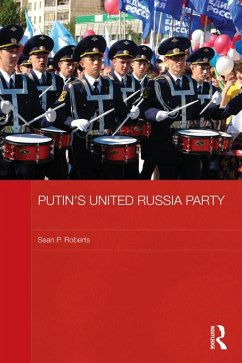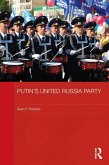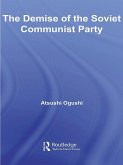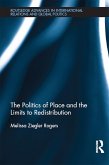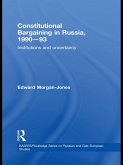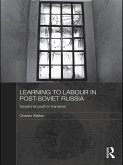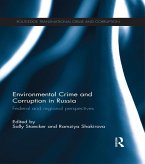The book creates a model to understand the role of political parties in electorally-based political systems and shows how United Russia conforms to this model, and importantly, how the party also has unique features that affect its place in the political system. The book goes on to argue that United Russia represents a 'virtual' party hegemony, an outcome of political changes occurring elsewhere, and so a reversal of the typical relationship between parties and power found in comparative literature. This has potentially far reaching implications for our understanding of party dominance in the twenty-first century and also the sources of regime stability and instability.
Dieser Download kann aus rechtlichen Gründen nur mit Rechnungsadresse in A, B, BG, CY, CZ, D, DK, EW, E, FIN, F, GR, HR, H, IRL, I, LT, L, LR, M, NL, PL, P, R, S, SLO, SK ausgeliefert werden.

